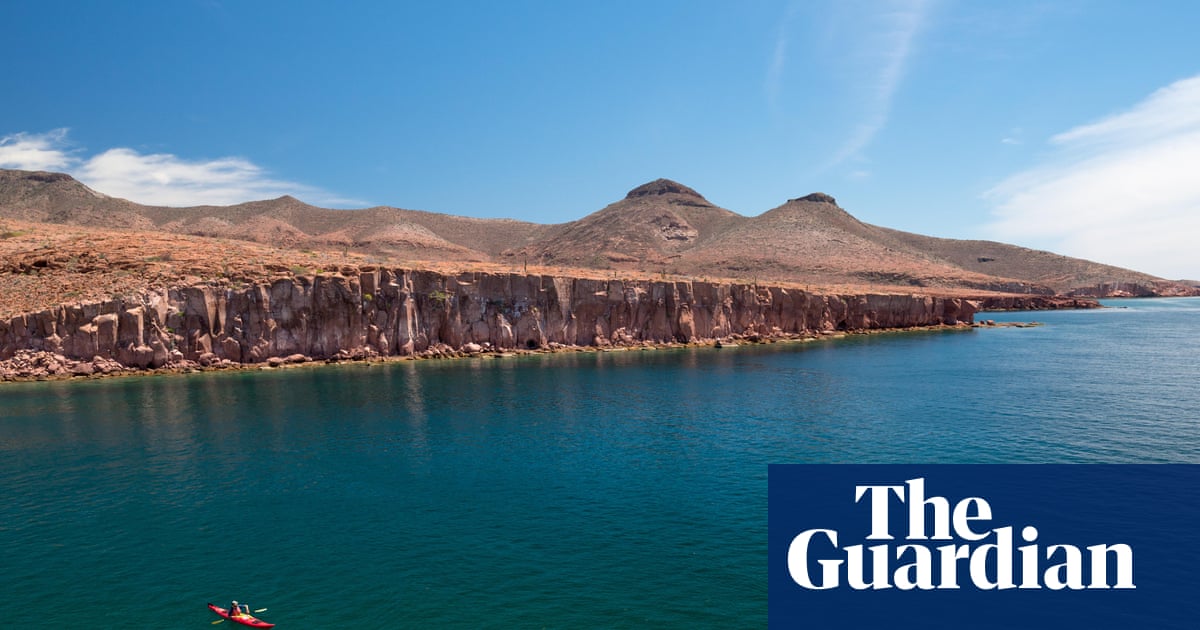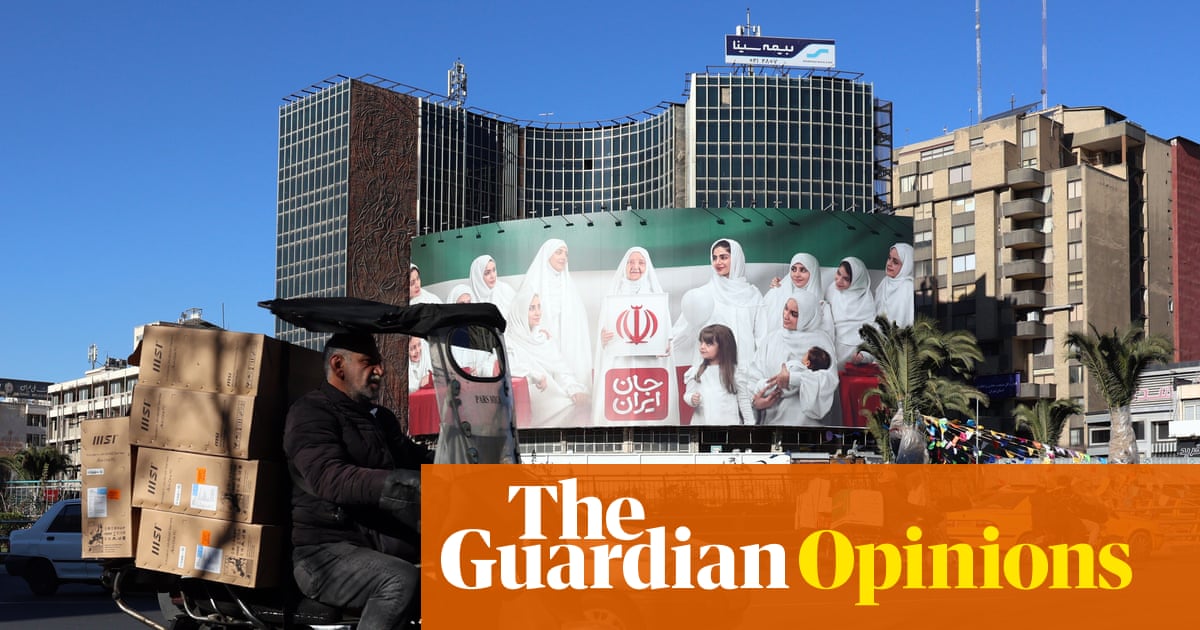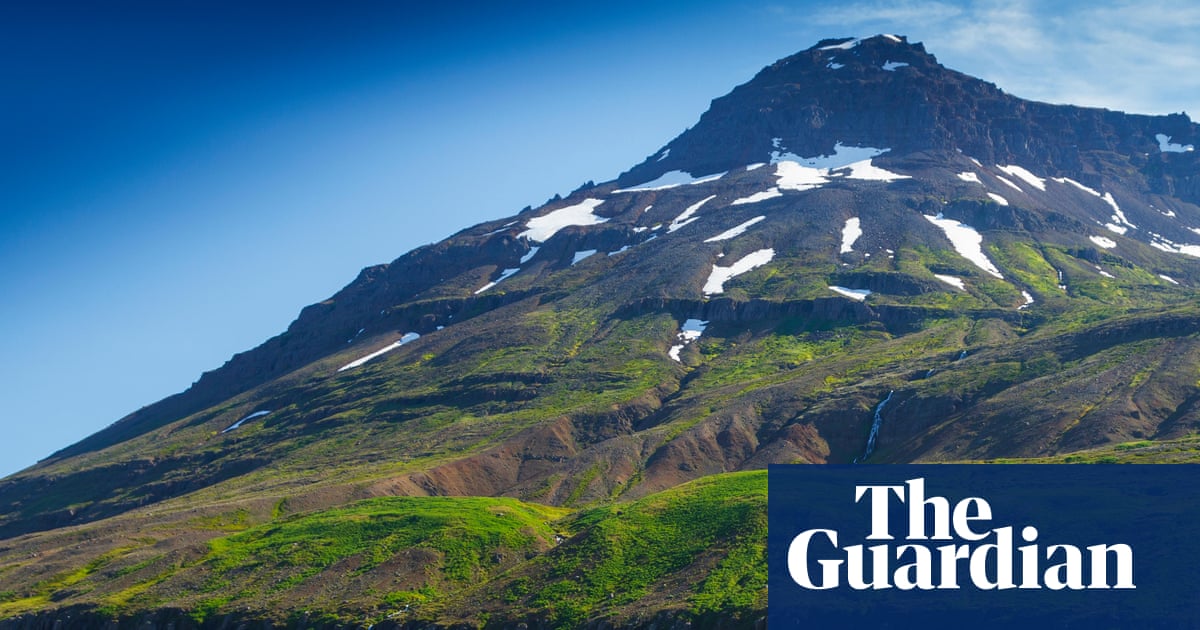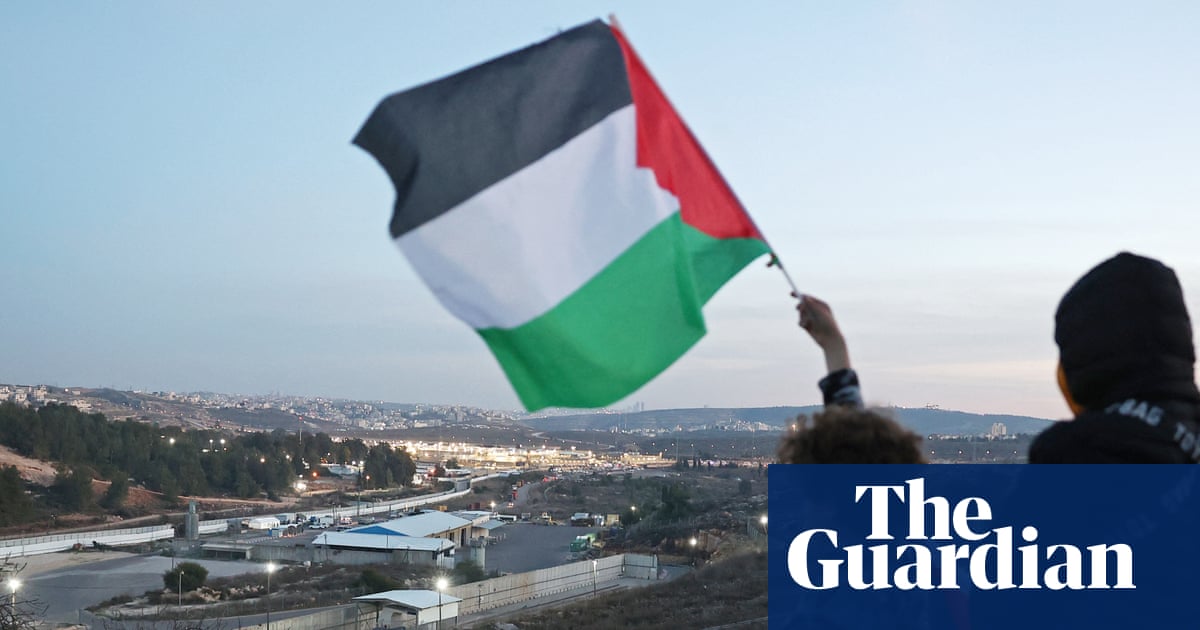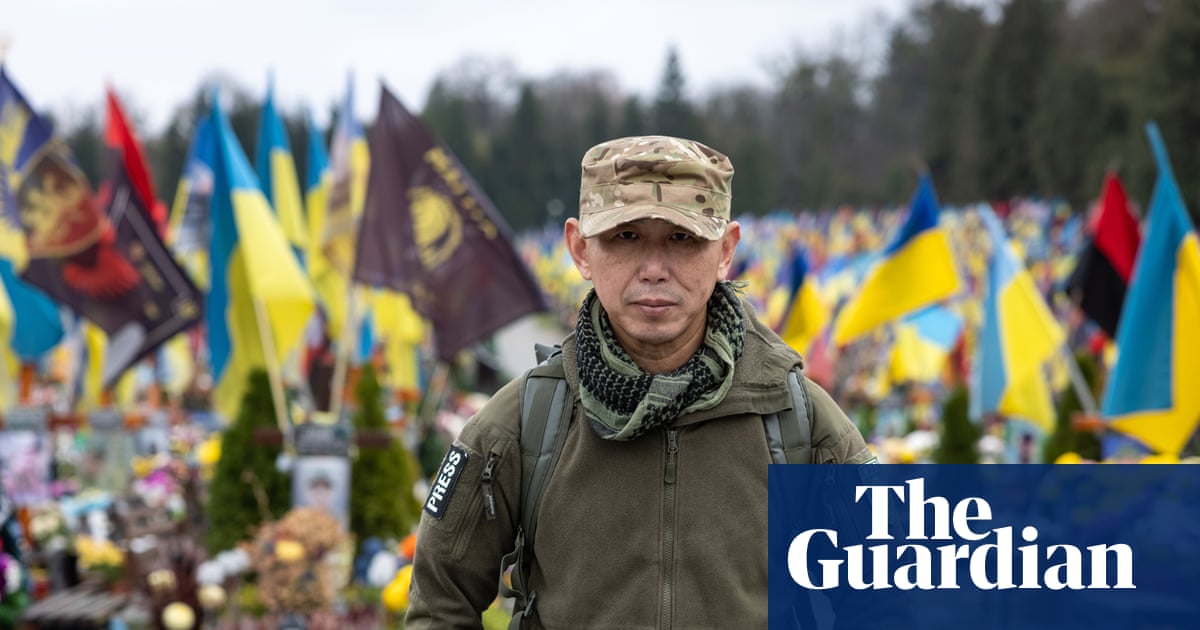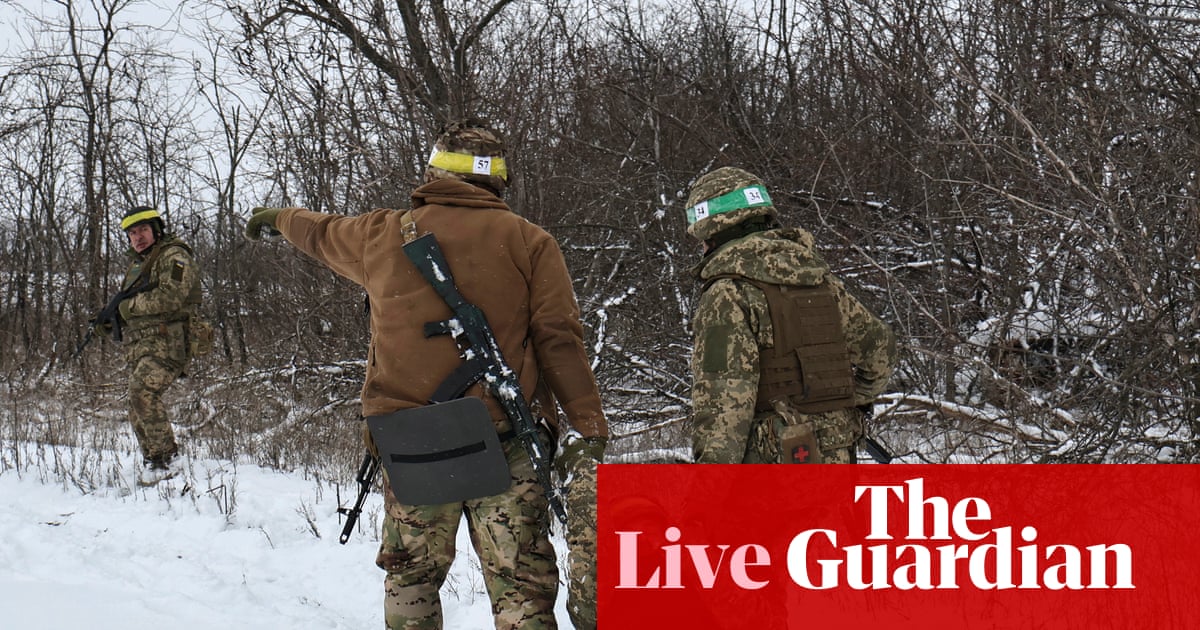Several mornings a week, Mohamed ‘Momo’ Ag Malha walks at least 7 miles (11km) around the vast Mbera refugee camp in south-eastern Mauritania that has been his home since 2012. The exercise keeps the 84-year-old camp leader mentally and physically fit, and allows him to check on the wellbeing of other residents.
His first stay in Mauritania came in 1991, when he fled Mali as Tuareg separatists clashed with the army in his native Timbuktu region.
After four years as a refugee, he returned home and worked for a year as a social worker before becoming a teacher. Then in 2012, the Tuareg conflict once again forced him across the border.
The former mathematics and physics teacher says he feels particularly sorry for the younger residents of Mbera, which is situated approximately 30 miles from the Malian border.
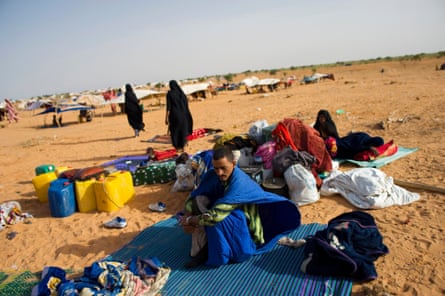
“Some of the children who were born here in Mbera have never even seen Mali,” he says. “They do not know their country [and] that is painful because a refugee always has two hearts: one here, where he lives, and another over there, in his homeland, which he dreams of returning to one day.”
Initially conceived as a few thousand shelters, Mbera now hosts around 120,000 refugees, according to UNHCR. In addition, it is estimated that at least 154,000 refugees reside in nearby villages across the Hodh Ech Chargui region. More than half are under 18.
Government officials say the area is the third largest human settlement in Mauritania after Nouakchott and Nouadhibou, the administrative and commercial capitals.
Each month, thousands more refugees pour in across the border, fleeing a jihadist insurgency that hijacked the Tuareg rebellion and has since left swathes of the country ungovernable. Aid workers – especially at the UN World Food Programme (WFP) and Unicef office in the town of Bassikounou, which services the camp and neighbouring settlements – cannot stop worrying. They have faced dwindling resources as foreign donors – most notably the now defunct USAID – have drastically cut funding this year.
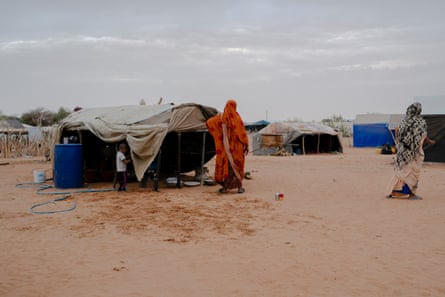
“We’ve gone from [being able to] support almost 90,000 people with both food or cash every month to about 53,000 … and had to halt vital nutrition programmes for malnourished children and mothers due to funding cuts,” says Aliou Diongue, country director for WFP.
The camp has many of the trappings of a permanent settlement, including its own bank, eight schools, a market with more than 500 shops, and volleyball and football programmes. Members of a parent-teacher association use megaphones to get more children enrolled in school. New arrivals are processed by aid workers and state agents using biometric systems.
Nearby, gendarmerie patrols secure the camp from the threat of armed groups just a few miles from the border.

Some residents have taken on new roles with gusto: volunteers in the SOS Desert organisation grow crops for sale and run an anti-fire brigade putting out bushfires; members of a women’s resource network care for those maimed by jihadist attacks and expectant mothers while also spreading awareness about educating girls.
But the camp’s needs are evident.
“We have the will, we have the women, but not enough funding or materials,” a leading member of the network says. “Sometimes we recycle what little we have, but it is not enough for the needs of the camp.”
In the schools, the children are served one meal daily by WFP. At one school with 100 children per class, six or seven of them sit by a big tray to eat the same meal every school day – rice that is almost plain, save for a few legumes.
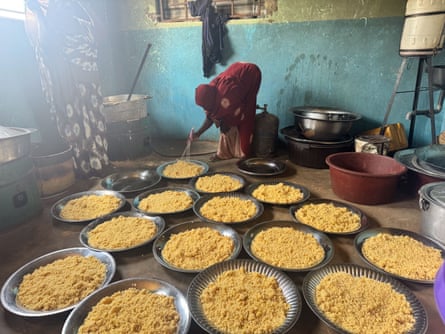
“We’re still providing school meals, basic food distributions, and cash assistance in the Mbera camp, but it’s not enough,” says Diongue. “We’re focusing on the most vulnerable while working relentlessly to secure new funding through the diversification of our donor base.”
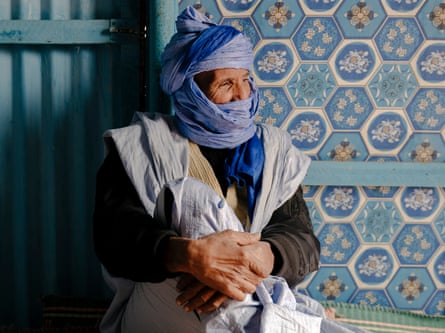
The meals are powered by recent donations including several thousand tonnes of rice provided by the South Korean government – the only items in a majority of the warehouses. A few donors are also helping launch entrepreneurship programmes to help refugees farm and rear animals so they can earn an income and boost their standard of living.
Though Malha oversees everything dutifully, helping the aid workers’ cater to the most vulnerable households, his heart longs to return to Mali.
“When you leave your country, you lose everything – your work, your home, your family sometimes,” he says. “Here, you depend only on humanitarian aid. Sometimes that aid is sufficient, sometimes it is not. And when it is not, you suffer.
“We thank the Mauritanian authorities and the humanitarian organisations for what they have done for us but it is not the same as being in your own country, working with your own hands and living with dignity.”

 2 months ago
59
2 months ago
59

